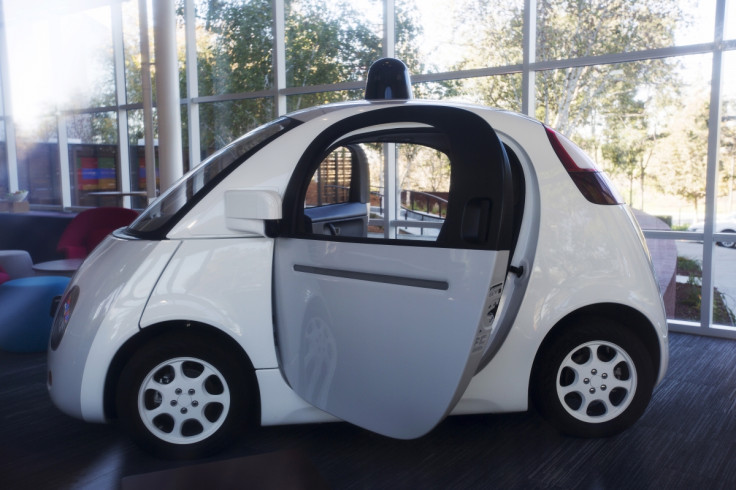Google driverless cars to be tested on UK streets says Eric Schmidt of Alphabet

Google is considering testing its driverless cars on the streets of UK, according to Eric Schmidt, executive chairman at its parent, Alphabet. Officials in the country had suggested the company choose a city and start trialling, he said.
"One of [Britain's] leaders suggested we pick a city and start testing there, so we are evaluating these things", Schmidt said.
In February, London's transport chiefs were understood to be in talks with Google, in an attempt to lure the tech giant to extend its driverless car test trials to the streets of London.
Isabel Dedring, the deputy mayor of transport for the capital, had then said, "Google have said they are focused on the US, but they're starting to think about going elsewhere, so we're in active discussions. We met them a few weeks ago to see whether they would do trials here. It is still very early days, but we would be keen for trials to happen in London whenever Google are ready to move them into other countries."
"We have to get permission from the Government to have these things coexist, we have to go through country by country and state by state in the US, so we are working through that, it takes forever," Schmidt added.
Considering testing is currently restricted to the US and specifically to California, Texas and Washington, UK would be the first international testing location for these cars, when it happens. Trials in Britain would come more than six years after the search engine giant started building self-driving cars, clocking 1.4 million miles until date.
Separately, Sarah Hunter, head of policy at Google X, the company's experimental division, had earlier said, "[Google was] very positive about the non-regulatory approach being taken in the UK [which] places the UK in a good position and could be seen as an example of best practice".
It is understood that such cars can be trialled on any public road in the country, provided they are covered by insurance. This follows Chancellor George Osborne's statement in May 2015 that £100m (€129.36m, $142m) would be invested into automated car systems over a five-year period, with trials marked for Greenwich, Milton Keynes, Coventry and Bristol. Osborne is expected to provide additional funding to test driverless lorries on the M6 in the Budget, scheduled next week, according to The Telegraph.
Indicating that driverless cars could reduce accidents, Schmidt said human error was the cause of over 94% of road traffic accidents. "I haven't met any people with eyes in the back of their head yet, but self-driving cars have eyes behind them. The car has better vision than you, it can see 360 degrees, and it doesn't get drunk. So that has to be an improvement", he said.
Adding that it was the future that will touch everyone in some way, Schmidt said, "Eventually you will all be in a self driving car in some form or another. It's a combination of technology getting better, but also regulations have to evolve".
© Copyright IBTimes 2025. All rights reserved.





















